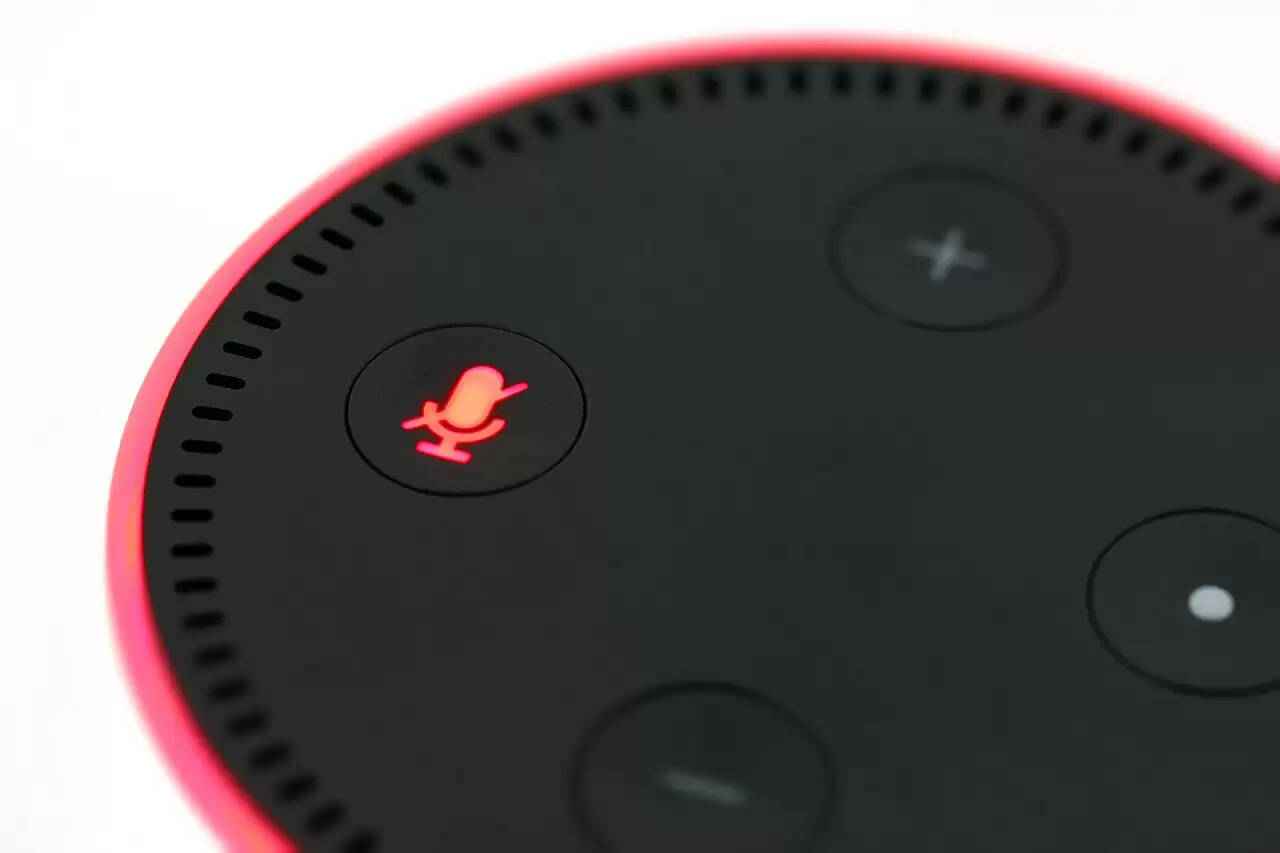Voice-control Smart Devices May Affect Children's Social, Emotional Development

No matter what we think these voice enabled smart devices are not actually making a positive impact whether it is on the learning skills of children or it is regarding emotional development. Let us learn how these voice control smart devices are affecting the cognitive skills of children in a good, bad and ugly way.
Voice-control devices are AI based devices and are designed for the purpose of interaction, yet these devices are not leaving positive impact on the learning abilities of children.
Young minds are always grasping things quick and these devices are sadly not adding up to their learning skills rather depleting their abilities, this is if we are to believe experts on learning.
Impact of voice-control device
As per recent developments and observance, it is seen that children are leaning on their everyday learning on these devices, but these are not reliable as a parent teaching their kids.
There are numerous points of concerns when it comes to areas of learning; here are a few that will help you understand all about it:
- Three areas of concern that caught the eye of experts include responses, social development and learning.
- Kids picking up literally everything from these smart devices are exposed to inappropriate responses, impending social development and impact on their learning ability that is almost hindered in a positive way.
- Inappropriate responses, for instance once a 10-yo child was suggested to touch a live plug with a coin and many other such instances are being observed that are lethal.
- Another thing to notice is that even after imposing parental controls, it is not possible to go to extremes or to understand what extent one has to do it for the safety of their children.
- Privacy issues are yet another concern that are rising as we are aware that our conversations are being heard and recorded as well.
- The implications of such devices is that it is not capable in teaching manners and basic etiquettes to kids, phrases like thank you and please are hard to come by when these devices are dictating things to kids.
- Kids relying on interaction on voice enabled devices are not able to develop nonverbal communication and depletion in their ability for social interaction. Then there is a rising concern regarding the constructive feedback of inappropriate behavior, an AI is not capable of performing such action.
- The primary function of these devices is satisfactory when it comes to adult interaction and keeping them company, but the same cannot be said for children.
- Social development impairment occurred in kids ever since the COVID-19 lockdown, confined within their homes, kids hardly learned any social skills. At this time their only means of interaction were the voice-control devices that were not reliable as such.
- The traditional means of learning and information is thwarted by the use of these devices and often busy parents hardly are able to monitor it as well. This leaves the kids at a greater risk of being exposed to what not.
- The means of interaction between kids and adults the way questions are asked and answered in the traditional senses is rather hindered when these devices are used that cannot at any time replicate the response and the human interaction.
In conclusion, device interaction is not something that should be eliminated, but should be limited. However, deeper and long term research is required to reach concrete evidence that would include consequential results suggesting impact on compassion, empathy, reasoning and critical thinking of children.
.jpg)
